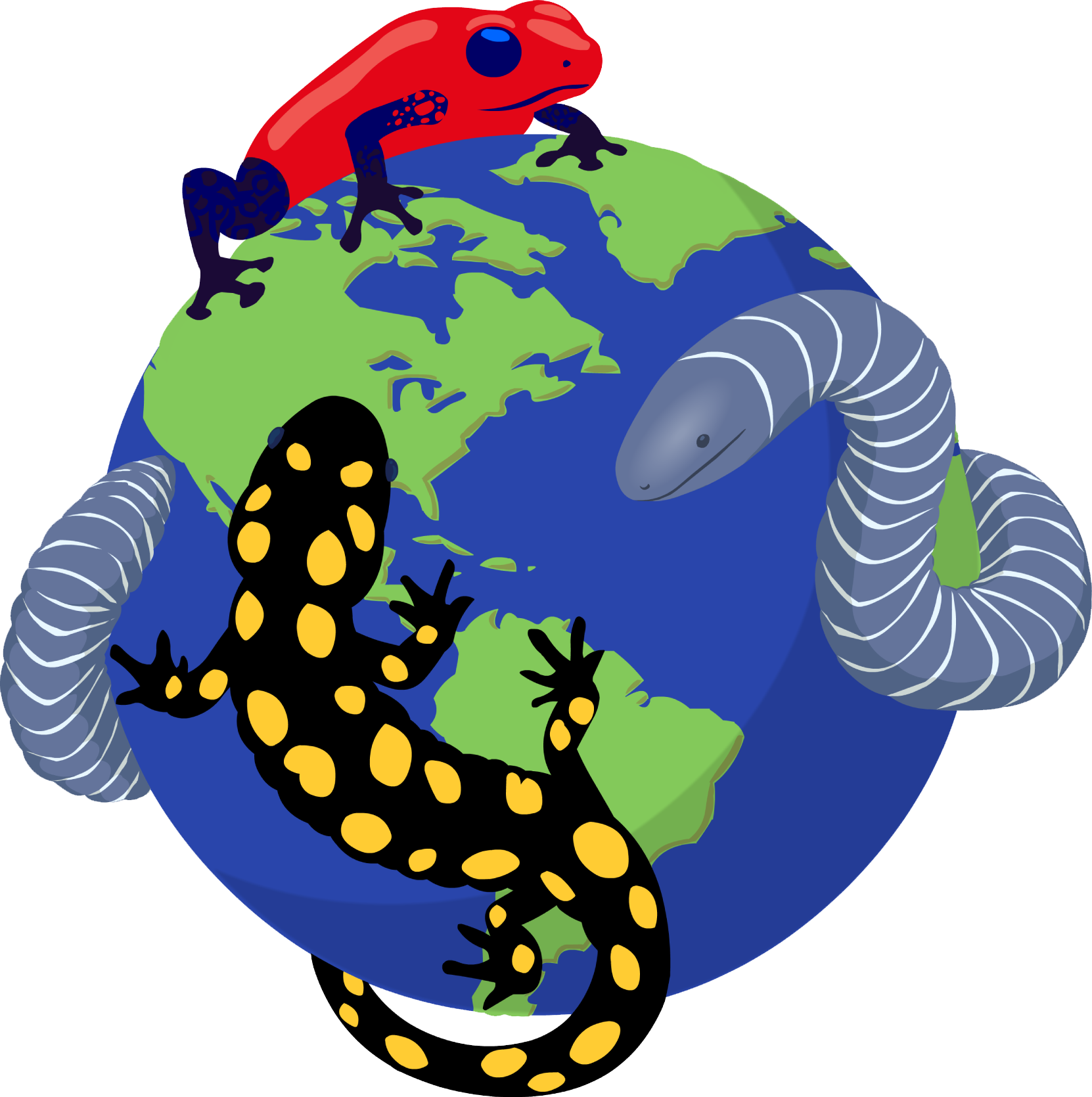|
Nototriton barbouri (Schmidt, 1936)
Yoro Moss Salamander Subgenus: Bryotriton | family: Plethodontidae subfamily: Hemidactyliinae genus: Nototriton |
 © 2018 Josiah H. Townsend (1 of 1) |
|
|
|
Description Nototriton barbouri display a snout truncate that is broadly rounded in the dorsal aspect, and a lateral profile that is truncate to mostly rounded. The nostril openings are small and when viewed from below, the protuberant eyes are narrowly visible beyond the margin of the jaw. Males exhibit well developed labial protuberances, while it is weakly developed in females of this species. In breeding condition, males may display an oval-shaped mental gland cluster. A shallow postorbital grove extends posteriorly from the eye, and connects to the gular fold. Another sharp ventral groove is present just posterior to the lower jaw. Males possess marginally larger numbers of maxillary and volmerine teeth while females display slightly more premaxillary teeth than males. The tail is slightly constricted at the base. The anterior cross section is nearly rectangular, and the distal one-third of the tail becomes ovoid. N. barbouri exhibit slender, and short limbs. The tips of the toes display well developed subdigital pads and are bluntly rounded. This species may be differentiated from Cryptotriton nasalis and Dendrotriton sanctibarbarus by its relatively small nostril openings and undersized limbs. N. barbouri is larger than N. lignicola and possesses a longer tail. It is also distinguished from N. limnospectator by having relatively larger nostril openings and a wider head. The relatively narrow feet and characteristic sublingual fold help recognize N. barbouri from the remaining Honduran salamander in the same genus. In alcohol, the dorsal and lateral surfaces may be observed to be pale to dark brown to black. The ventral surfaces may be slightly more pale brown than the dorsal surfaces. Cream flecking may or may not be present. Distribution and Habitat Country distribution from AmphibiaWeb's database: Honduras
Life History, Abundance, Activity, and Special Behaviors Comments
References
McCranie, J. R., and Wilson, L. D. (2002). ''The Amphibians of Honduras.'' Contributions to Herpetology, Vol 19. K. Adler and T. D. Perry, eds., Society for the Study of Amphibians and Reptiles, Ithaca, New York. Originally submitted by: Kevin Gin (first posted 2003-10-09) Edited by: Vance T. Vredenburg (2008-01-03) Species Account Citation: AmphibiaWeb 2008 Nototriton barbouri: Yoro Moss Salamander <https://amphibiaweb.org/species/4089> University of California, Berkeley, CA, USA. Accessed Jun 4, 2025.
Feedback or comments about this page.
Citation: AmphibiaWeb. 2025. <https://amphibiaweb.org> University of California, Berkeley, CA, USA. Accessed 4 Jun 2025. AmphibiaWeb's policy on data use. |



 Raffaëlli Account
Raffaëlli Account Map of Life
Map of Life